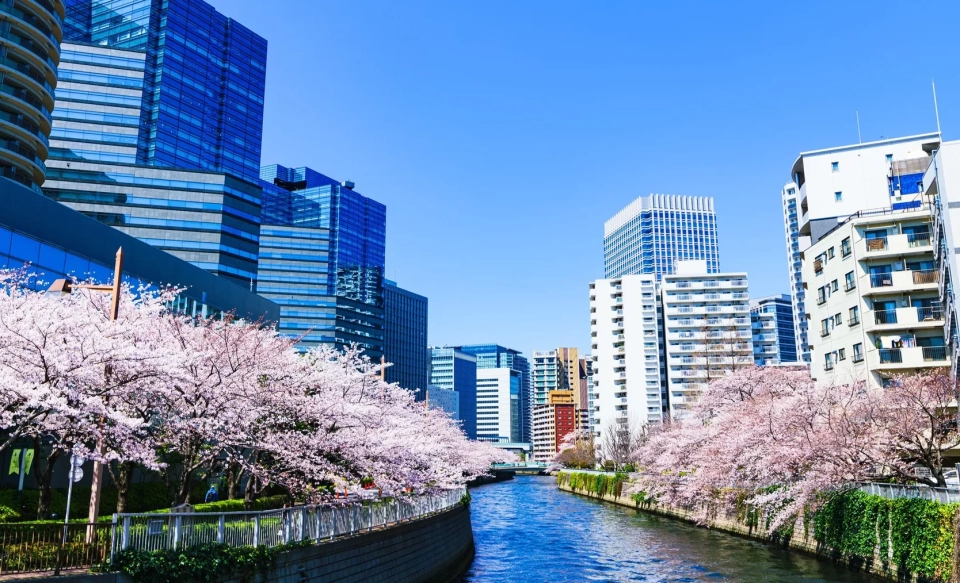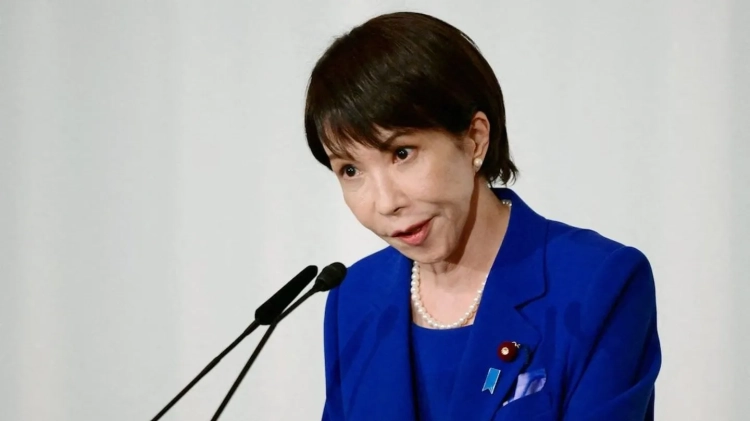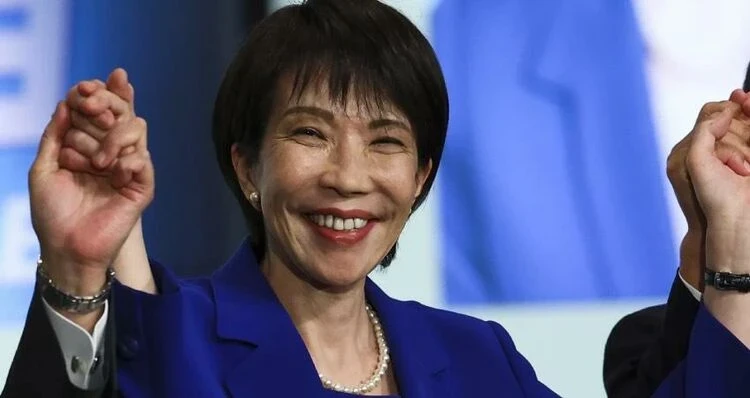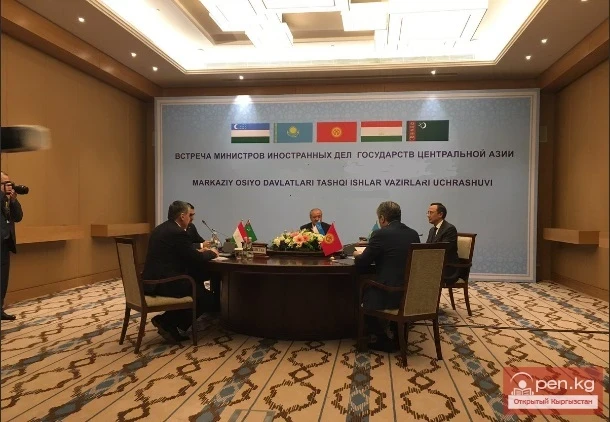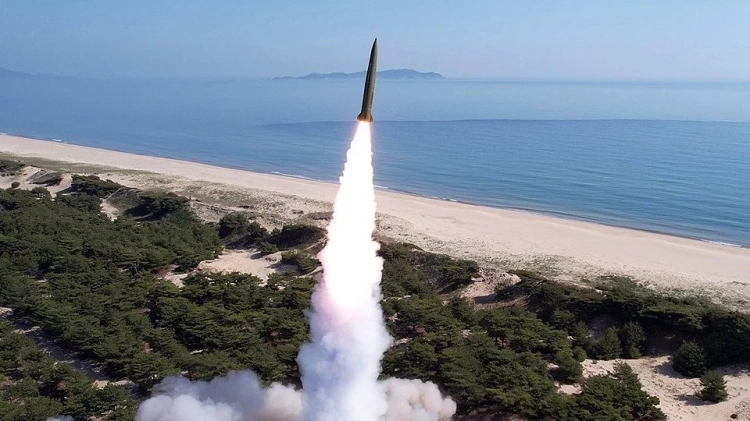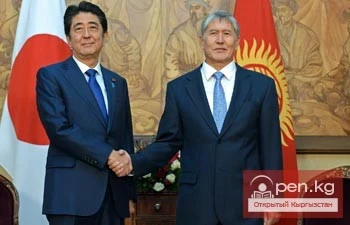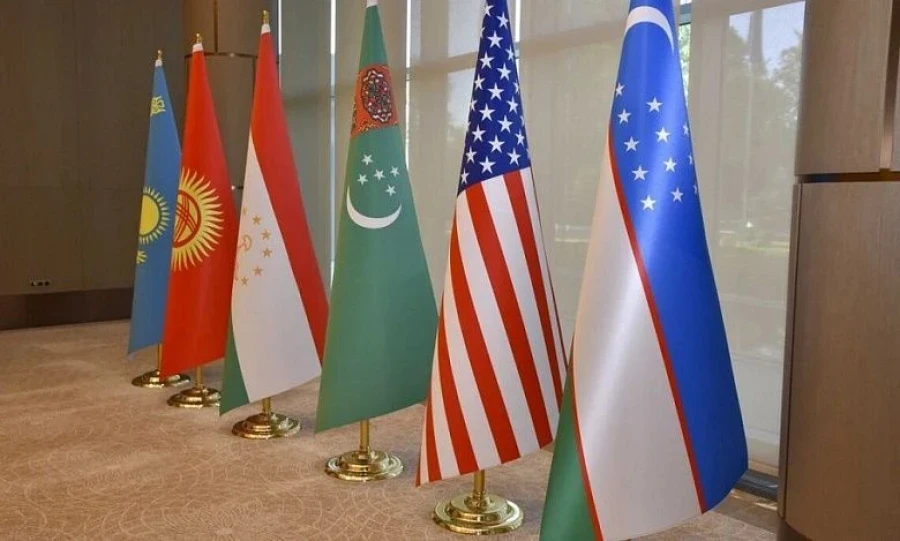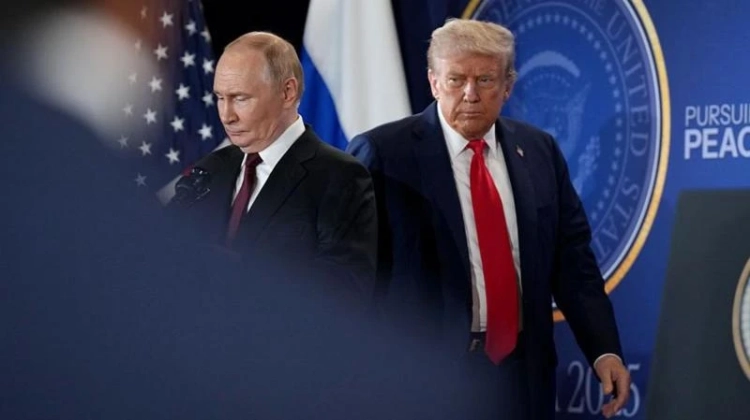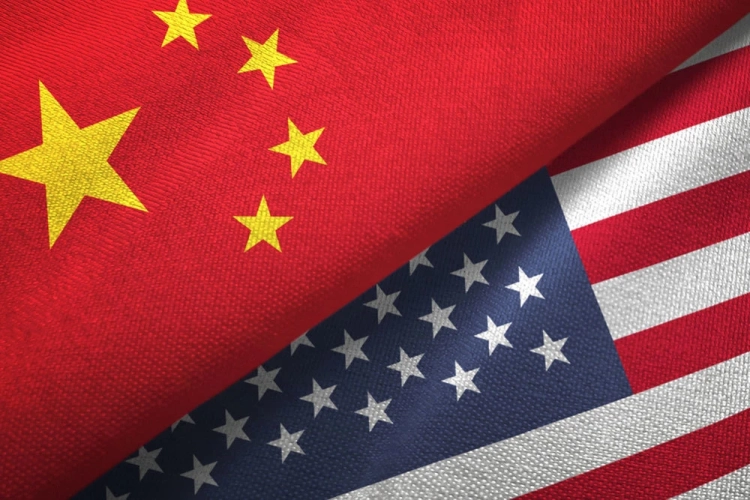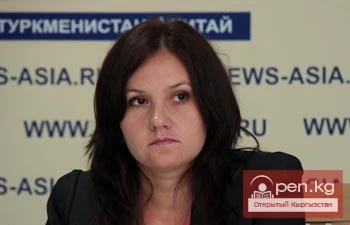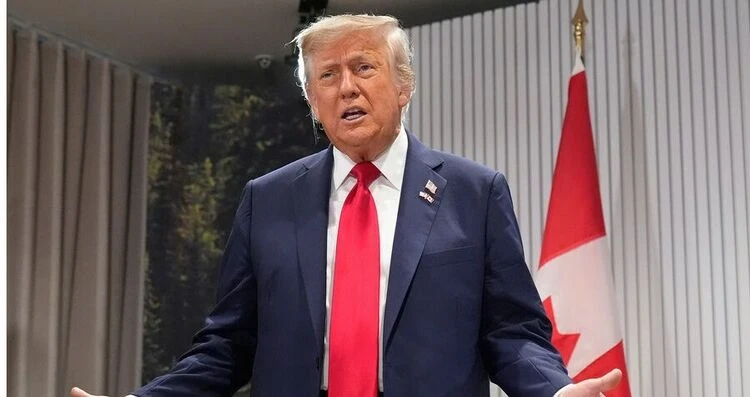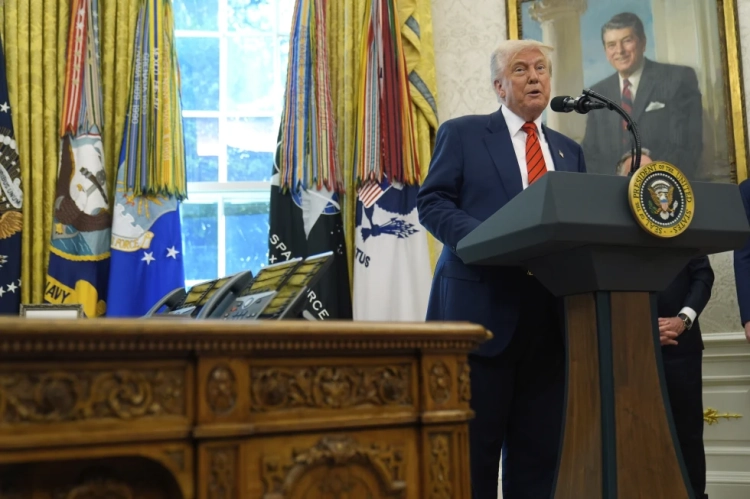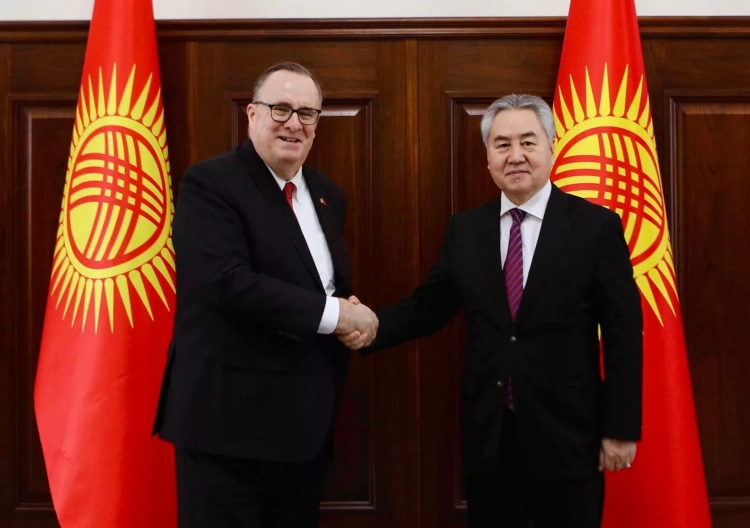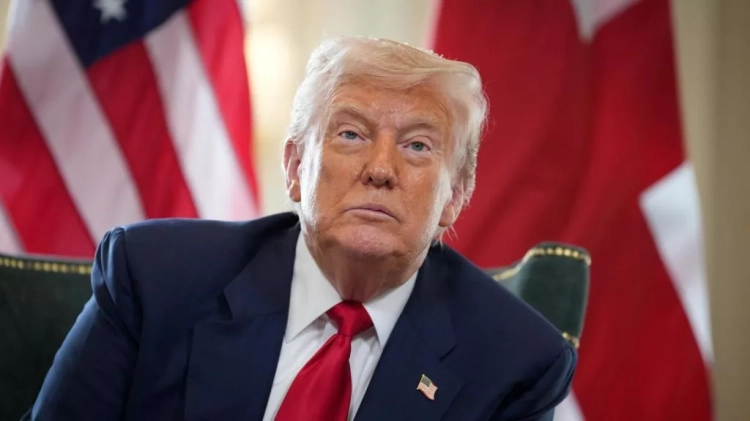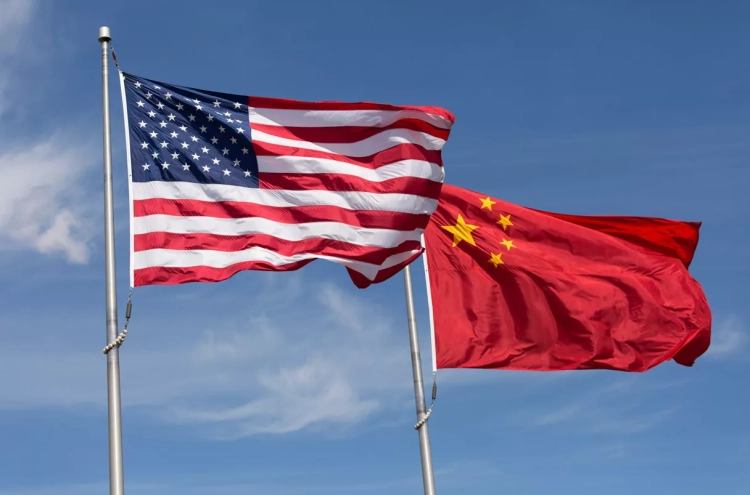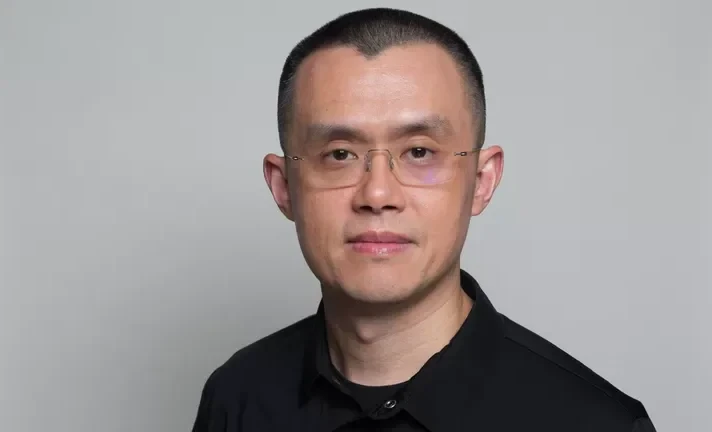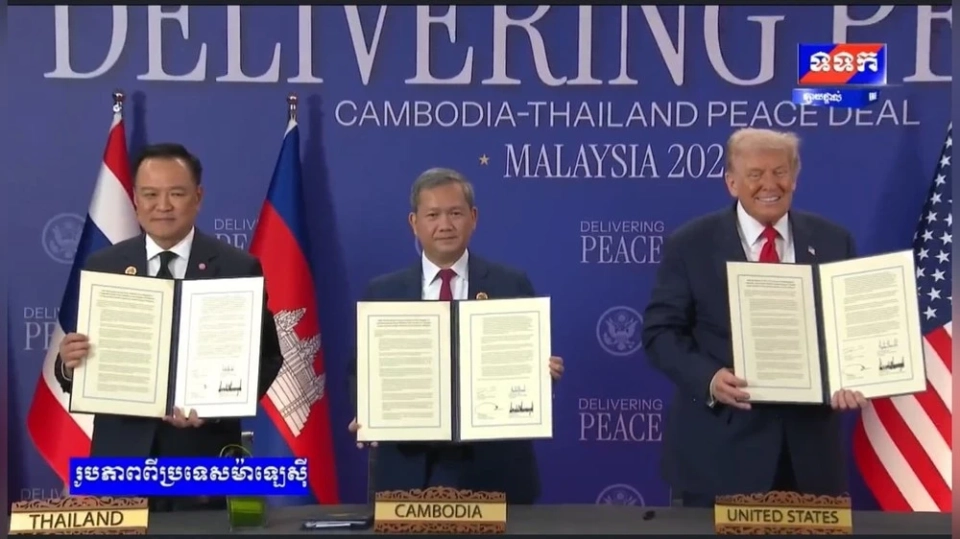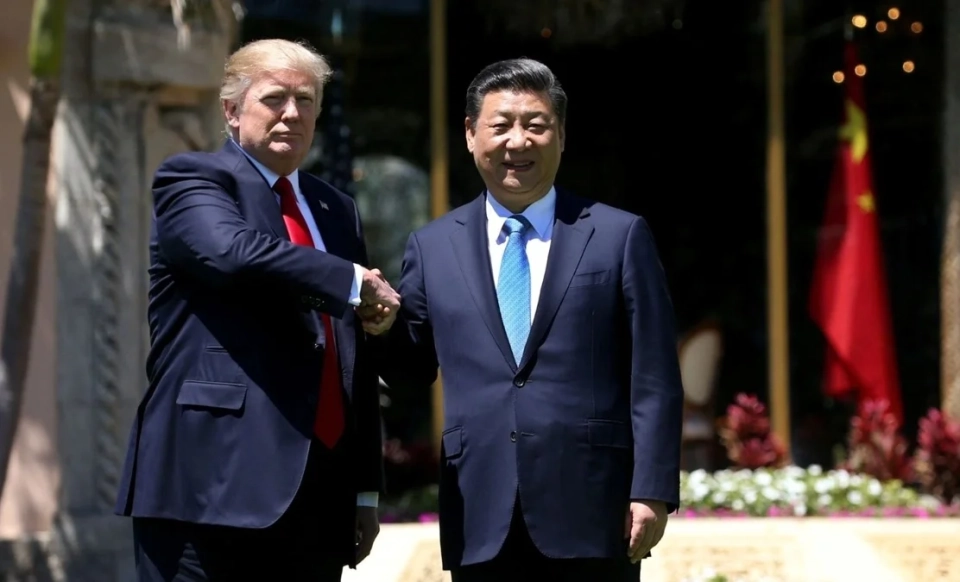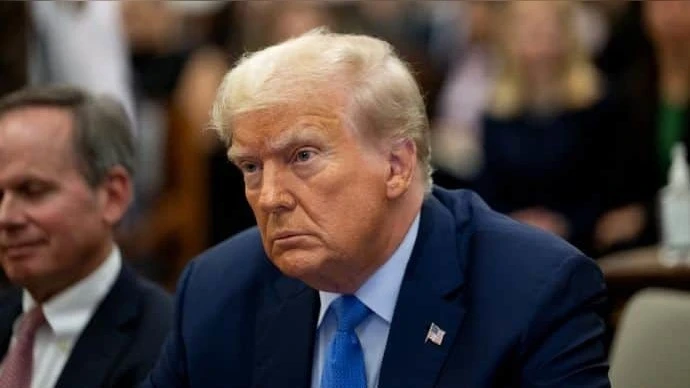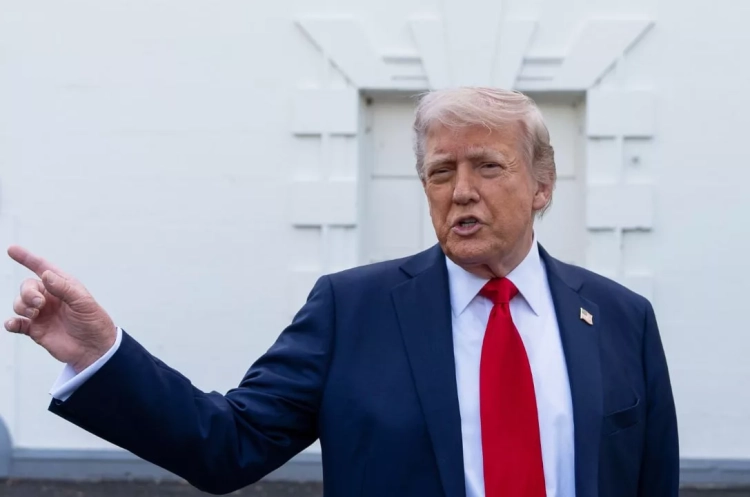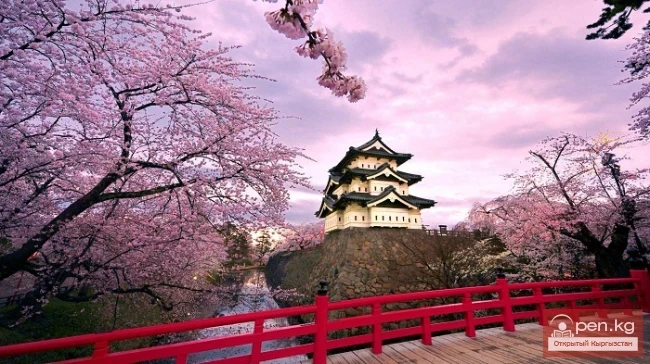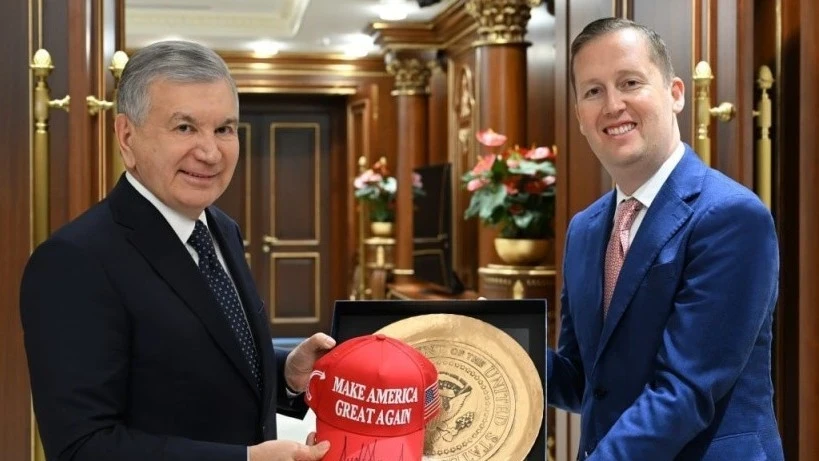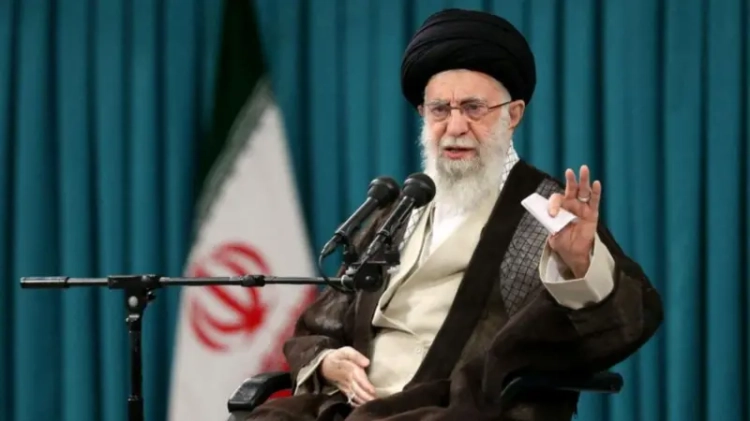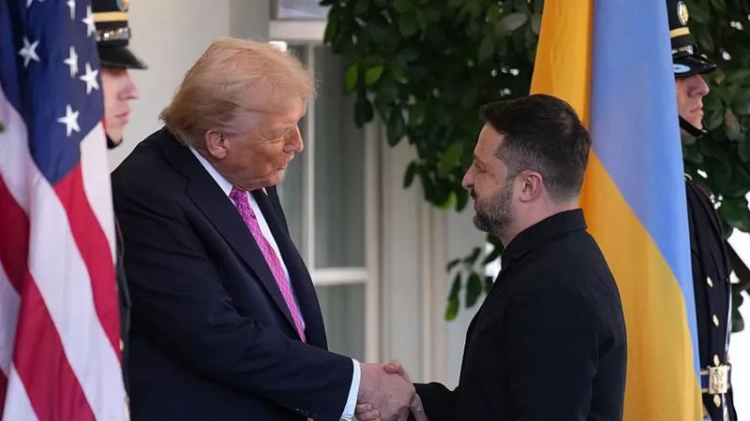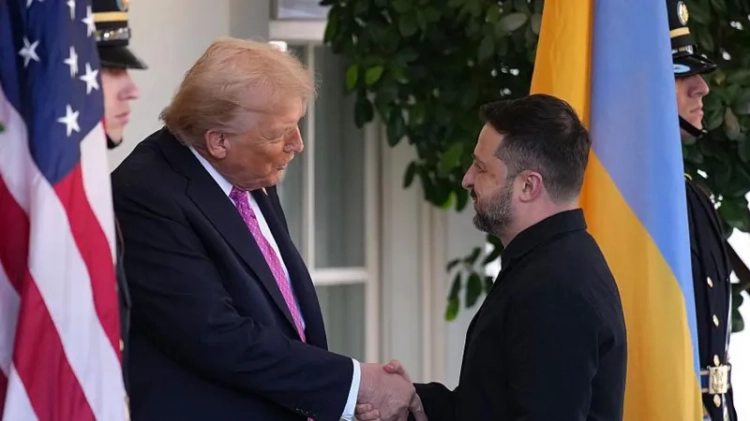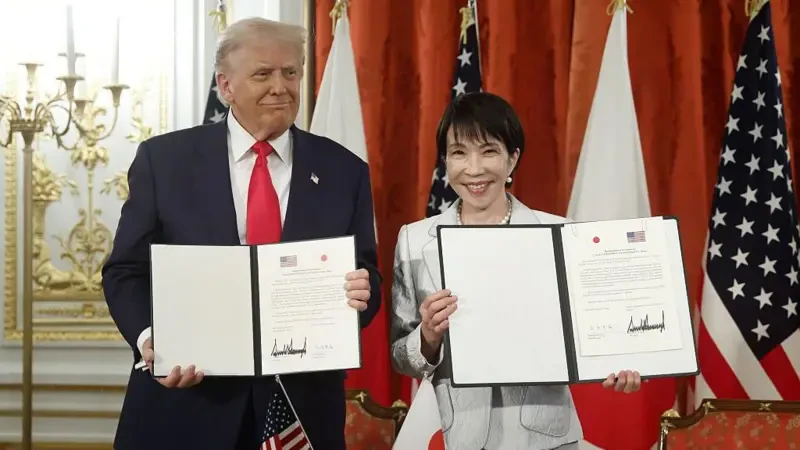
At the meeting, Trump and Takahiti discussed not only the agreement on rare earth metals but also the prospects for further cooperation in the field of security. According to the Japanese Prime Minister, Japan intends to actively promote a free and open Indo-Pacific zone.
“I am determined to restore a powerful Japanese diplomacy based on the Japan-U.S. alliance,” said Sanae Takahiti. She emphasized that together with Trump, they will actively work on the idea of a free and open Indo-Pacific region (FOIPC).
Trump, for his part, assured: “We will do everything we can to help Japan. We are top-level allies.”
White House Press Secretary Caroline Livitt confirmed that Takahiti would nominate Trump for the Nobel Peace Prize.
Trump's visit also included a trip to the Yokosuka naval base, where he spoke to 6,000 American servicemen aboard the USS George Washington aircraft carrier.
Japan remains an important ally of the United States, hosting about 50,000 American servicemen on its territory, making it the largest base of American troops abroad.
Takahiti noted the presence of “unprecedented security challenges” and stated the need for joint efforts by the U.S. and Japan to maintain peace and security. “Peace cannot be maintained with words alone; it requires determination and action,” she added, emphasizing Japan's commitment to strengthening its defense capabilities.
Addressing the servicemen, Trump called Takahiti a “winner” and expressed respect for Japan and its new Prime Minister, noting that she is the first woman in this position.
The President also mentioned that the Prime Minister told him about Toyota's plans to build new factories in the U.S. worth over $10 billion.
This meeting became the first serious test for Sanae Takahiti as the first woman in the position of Prime Minister of Japan, and demonstrating strong ties with Trump may play an important role in strengthening her position in the domestic political arena.
Despite a rise in approval ratings after taking office, Takahiti's coalition does not have a majority in the lower house of parliament, lacking just two votes.
